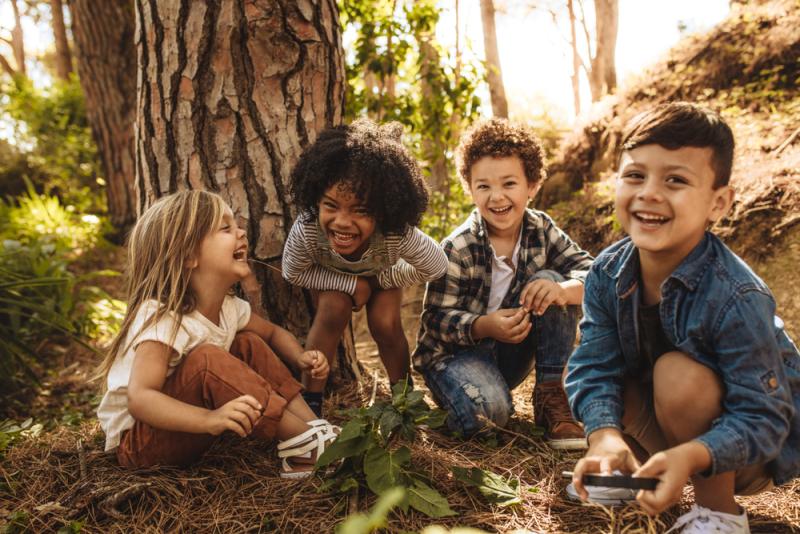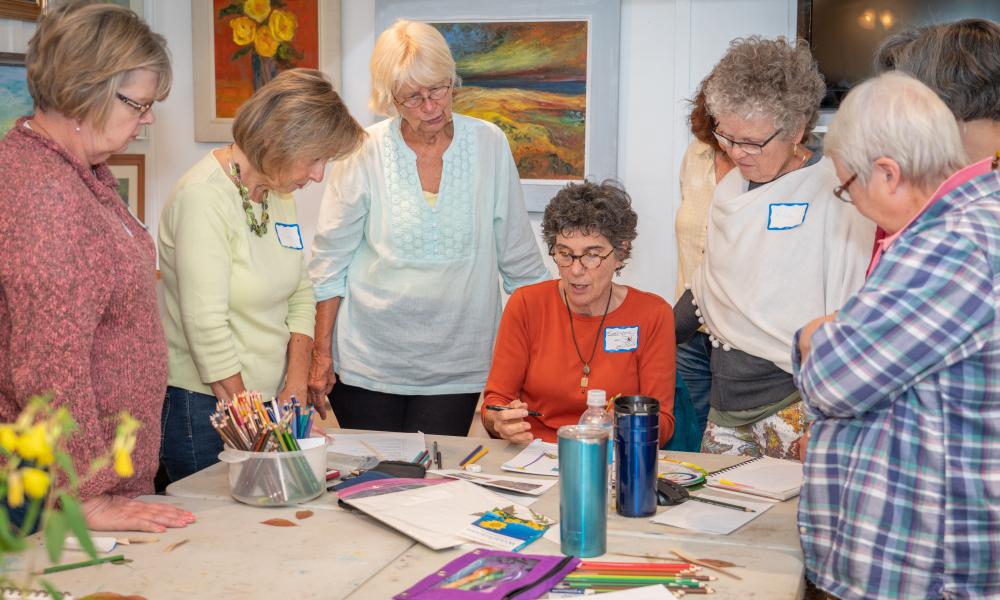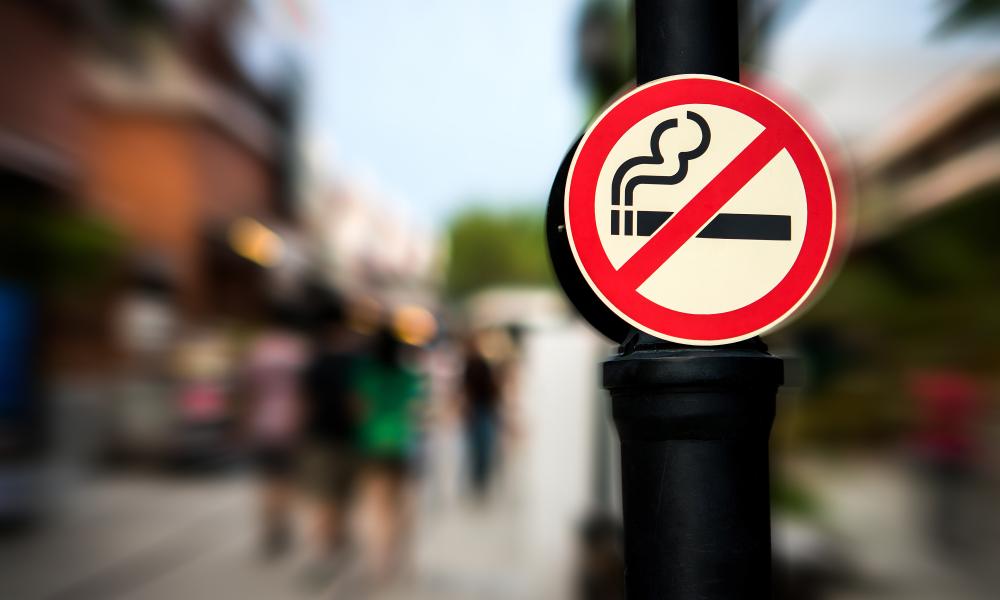
In recent years, the importance of the child’s right to play has become increasingly recognised as being integral to the acquisition and development of skills and competencies as well as promoting enhanced health, well-being and resourcefulness (O’Loughlin, 2014). Through play, children can create their own self-protection and to an extent play is the principal way in which children participate within their own communities.
However, being able to play is dependent on children having time, space and licence to play, which in turn is dependent on a range of social, cultural, economic and political factors. In Northern Ireland a policy framework for play has been underway since the mid noughties, culminating with the designation of Play and Leisure as a signature programme under the Delivering Social Change Framework.
Although play is an entitlement of childhood that is enshrined within Article 31 of the United Nations Convention on the Rights of the Child (UNCRC), the evidence-base supporting the right to play is at best, in development. In 2012, the Kid’s Life and Times (KLT) annual online survey of 10 – 11 year olds asked children to indicate what they knew about children’s rights. 67% of children indicated that they knew of their right to have a safe place to play


